Each year, 25 films are added to the National Film Registry at the Library of Congress as “culturally, historically or aesthetically significant.” Importantly, these are not necessarily the ‘best’ films; rather, they are chosen for their impact on American history and culture. These are movies that may be in need of preservation, important to archivists and scholars, or influential on the medium in some way.
Started in 1988, there are currently 825 films on the registry. Some are silents, some are obscure documentaries or instructional films, and some are blockbusters. Availability is scarce on the titles that had no distribution, but of those added to the National Film Registry in 2021, DVD Netflix has a dozen available to rent. A few are known classics, but there are some hidden gems that may be fun to discover.
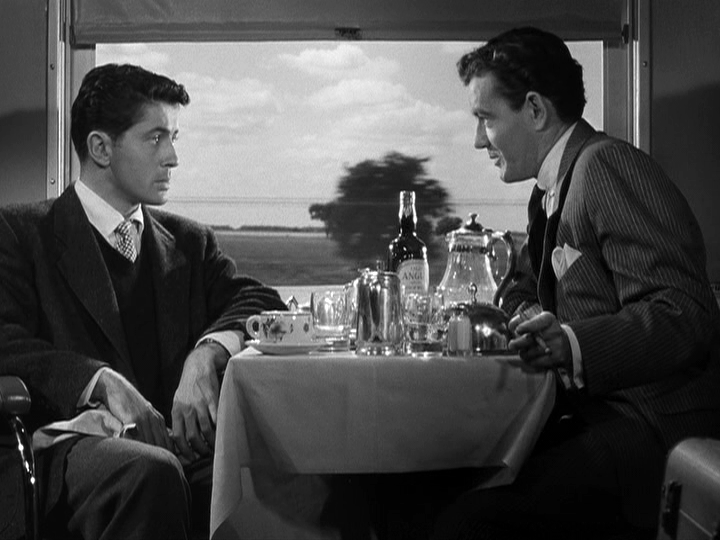
Based on the novel by Patricia Highsmith, Strangers on a Train (1951) was directed by Alfred Hitchcock at the height of his long, successful career. It’s a tense thriller where two strangers agree to commit a murder for each other, in an attempt to commit an untraceable, motiveless crime. When Farley Granger refuses to hold up his end, Robert Walker seeks revenge.
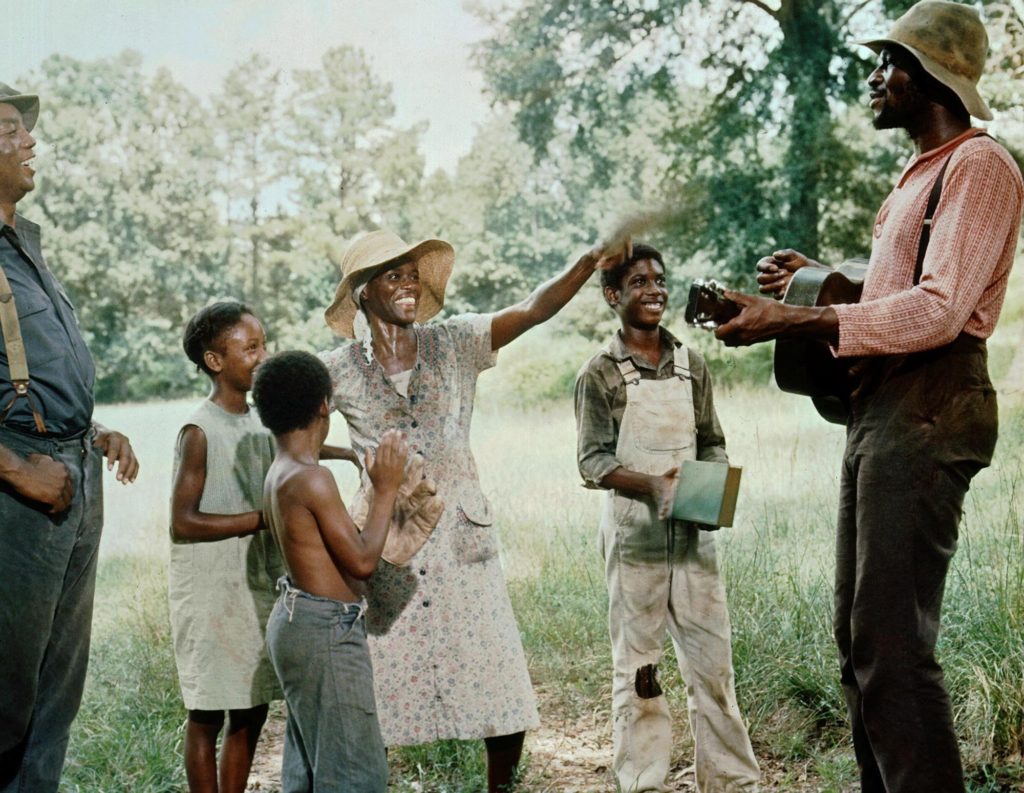
Sounder (1972) stars Cicely Tyson and Paul Winfield, under the direction of socially-conscious filmmaker Martin Ritt at a time when mainstream movies rarely starred African-American actors, let alone focused on their stories.

Wes Craven’s A Nightmare on Elm Street (1984) successfully captured the latent unease of the greed generation by infiltrating our suburban dreams. It’s representative of the heyday of 1980s slasher films, and the image of Freddy Krueger is iconic.
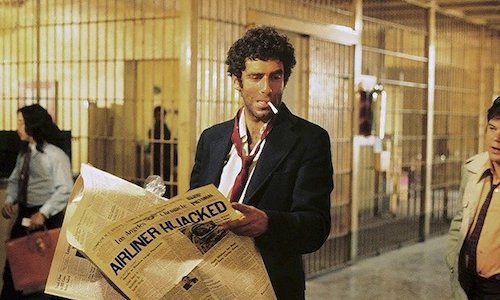
The Long Goodbye (1973) was an unusual adaptation of the noirish Phillip Marlowe novel. Robert Altman chose to set it in contemporary Los Angeles, with all the moral implications the decade’s morality embodied. It was most noted for the moving camerawork if not its philosophical ambiguity.
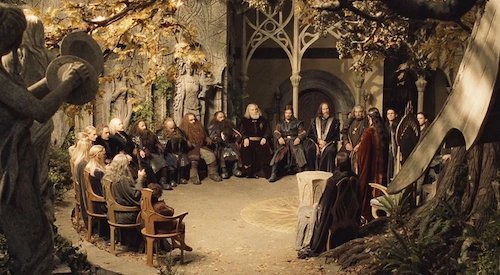
Peter Jackson’s epic combined live action and real locations with computer-generated characters and imaginative settings in ways that had never been seen before. The Lord of the Rings: The Fellowship of the Ring (2001) changed how the fantasy genre could be shown on the screen.
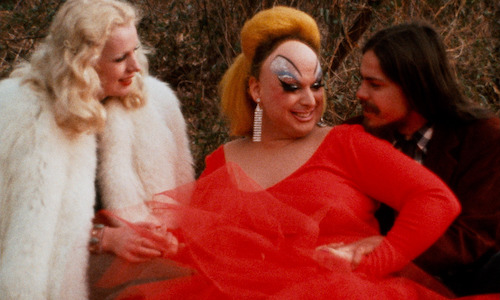
Pink Flamingos (1972) is the cult classic of camp that broke all the rules. It takes the odd and pushes it even further, resulting in a colorful, wild, hilarious, glorious film. Who can ignore Divine, in all her drag queen glory, standing with a pistol in hand? Sometimes culturally significant means controversial.
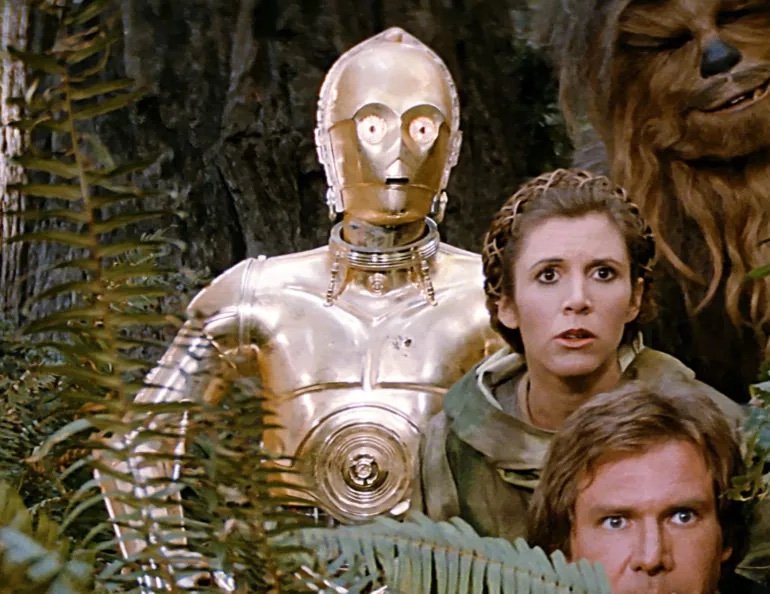
George Lucas wrapped up the original trilogy with Star Wars: Episode VI: Return of the Jedi (1984). He continued to push the boundaries of filmmaking of any genre. From large-scale puppetry to dancing Ewoks to space battles to mystical imagery, “Jedi” brings the story full circle.
Richard Pryor: Live in Concert (1979) exemplifies why Mel Brooks idolized him, why he asked the comedian to help write Blazing Saddles, and why Brooks knows neither movie would get made these days. It’s unforgiving and unflinching.
Before Silence of the Lambs, Jonathan Demme directed Talking Heads: Stop Making Sense (1984). In his signature oversized gray suit, David Byrne kicks off the live concert with the band’s famous “Psycho Killer.” Leonard Maltin called it “one of the greatest rock movies ever made,” and Pauline Kael said it was “close to perfection.”

Pixar changed the animation game with WALL-E (2008). Somehow, they made inanimate robots have a heart, and they made humans the ones without souls. As usual, the studio pushed the boundaries of animation technology but it was the imaginative storytelling that struck a chord with moviegoers.
At the turn of the 20th century, workers across multiple industries – factories, docks, sawmills, mines, and more – got together and unionized. Regardless of race, gender, and background, these workers demanded fair pay, safer working conditions, and reasonable hours. A documentary called The Wobblies (1979) outlines this surprising movement in 1901.
Everyone and anyone is welcome to nominate a film for the Registry and can do so online. The National Film Registry requires that the title be at least 10 years old and encourages people to suggest movies from all eras, types, backgrounds, and filmmakers.
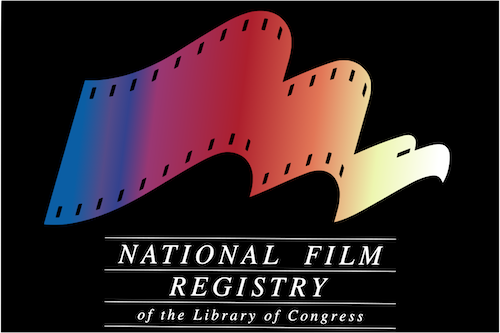
Originally written for DVD Netflix
